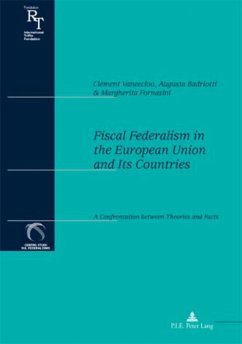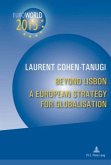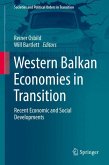The book tackles a key issue for the European Union: Fiscal Federalism. It evaluates the applicability of this theoretical perspective for the EU. Conversely, it pinpoints ways in which the diversity of existing fiscal settings and organisations, both at national and European levels, can throw light on the theory.
The study analyses two of the most important European policies: Cohesion Policy and the Stability and Growth Pact. It compares the episode of German Unification to the 2004 European Enlargement. It pioneers a cross-country analysis of the various national fiscal settings. Finally, it highlights the close links between the dynamics of decision-making related to the main budgetary choices and the integration process.
The questions raised are crucial in the current context of economic and institutional uncertainty: How should we apprehend the Cohesion Policy, the main expression of European solidarity? How can the coordination of national fiscal policies be improved? How are European countries and their regions organised in fiscal and budgetary terms? What lessons can the EU draw from its own fiscal past and from that of its Member States?
Over and above the originality of the answers provided by the authors, the book suggests that it would be difficult to take the integration process further without first clarifying what Europe can, should or wants to do.
The study analyses two of the most important European policies: Cohesion Policy and the Stability and Growth Pact. It compares the episode of German Unification to the 2004 European Enlargement. It pioneers a cross-country analysis of the various national fiscal settings. Finally, it highlights the close links between the dynamics of decision-making related to the main budgetary choices and the integration process.
The questions raised are crucial in the current context of economic and institutional uncertainty: How should we apprehend the Cohesion Policy, the main expression of European solidarity? How can the coordination of national fiscal policies be improved? How are European countries and their regions organised in fiscal and budgetary terms? What lessons can the EU draw from its own fiscal past and from that of its Member States?
Over and above the originality of the answers provided by the authors, the book suggests that it would be difficult to take the integration process further without first clarifying what Europe can, should or wants to do.








